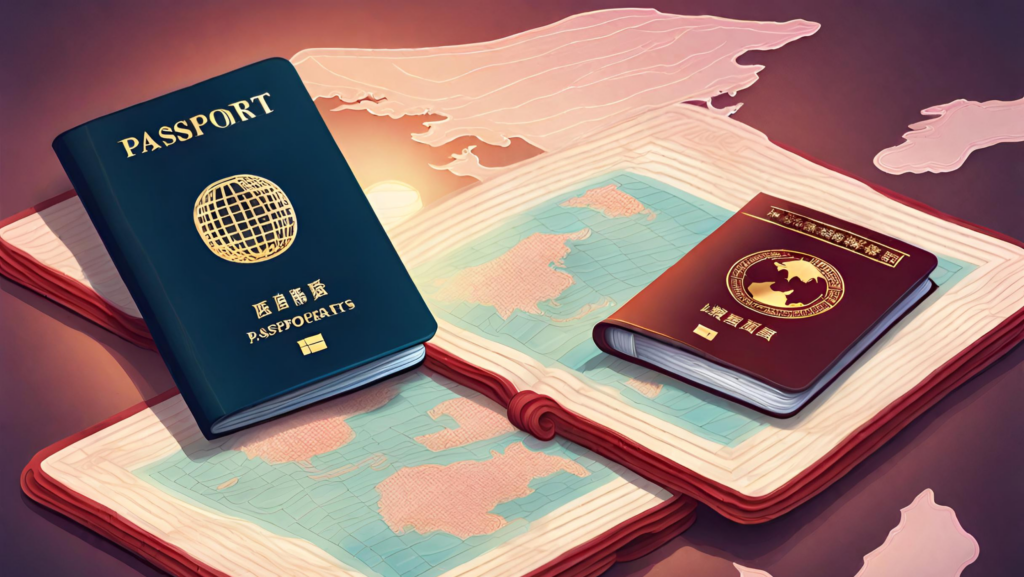An IMGW News Report
As the global landscape of wealth undergoes profound transformation, Asia emerges as a hub for ultra-high-net-worth individuals (UHNWIs), with China leading the surge in wealth creation. According to the 2021 Wealth Report by Knight Frank, Asia is projected to host 24% of all UHNWIs by 2025, with the Chinese Mainland’s affluent population forecasted to grow by a staggering 246% within the same timeframe.
“Chinese law dictates that individuals born in China to Chinese nationals automatically acquire Chinese nationality, regardless of the citizenship status of their parents. This policy presents a significant challenge for wealthy Chinese individuals seeking to pursue alternative citizenship options through investment migration.”

This remarkable growth underscores the dynamic evolution of China’s wealth management landscape, propelled by rapid wealth accumulation, shifting client expectations, and regulatory imperatives emphasizing enhanced stewardship of assets. Against a backdrop of global uncertainty, affluent individuals are increasingly turning to investment migration as a strategic means to diversify their wealth and secure a more resilient future for themselves and their families.
However, it’s important to note that the People’s Republic of China maintains a stringent stance against recognizing dual nationality for any Chinese national. Chinese law dictates that individuals born in China to Chinese nationals automatically acquire Chinese nationality, regardless of the citizenship status of their parents. This policy presents a significant challenge for wealthy Chinese individuals seeking to pursue alternative citizenship options through investment migration.
Despite these restrictions, citizenship by investment programs has emerged as a compelling avenue for high-net-worth Chinese individuals seeking to navigate the complexities of wealth management in an uncertain global environment. These programs offer access to global mobility, high-quality education, enhanced security, and diverse economic opportunities, providing affluent Chinese families with a crucial contingency plan to safeguard their wealth and well-being.
The COVID-19 pandemic has further underscored the importance of having a backup plan in place, prompting wealthy individuals to reassess their government’s pandemic responses, healthcare provisions, and potential safe havens. Mobility and access to business opportunities abroad are key motivations driving demand for citizenship-by-investment programs among affluent Chinese individuals.
For Chinese business owners and parents, second citizenship offers invaluable peace of mind and practical benefits, such as the ability to relocate to a secure location with access to top-tier medical care and educational opportunities for their children. Despite the complexities posed by China’s stance on dual nationality, the appeal of investment migration remains strong for affluent Chinese families seeking to diversify their options and secure their future in an increasingly interconnected world.
In conclusion, as China’s affluent population continues to expand and global uncertainties persist, investment migration presents a strategic opportunity for wealthy individuals to navigate the complexities of wealth management and secure their assets and lifestyles. While dual nationality restrictions pose challenges, investment migration offers a pathway for affluent Chinese families to access global opportunities and build resilience in the face of evolving economic and geopolitical dynamics.






